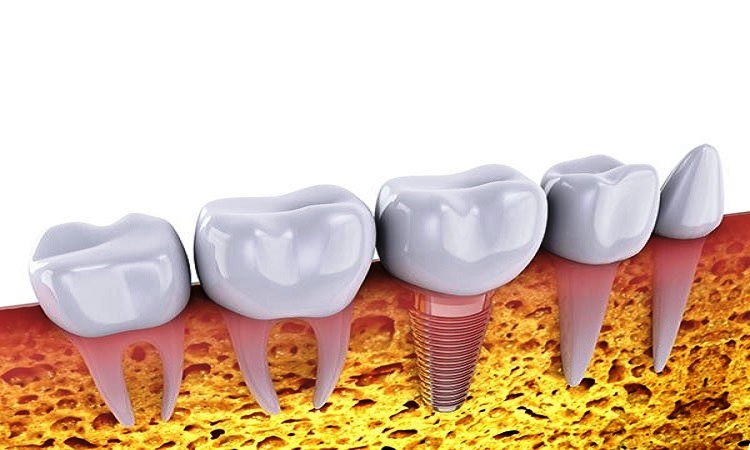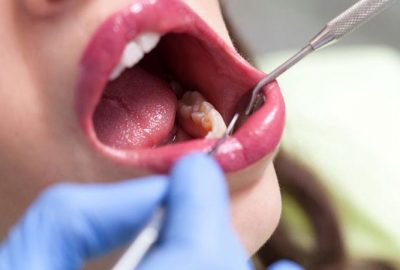10 Most Asked Questions About Dental Implants
Dental implants have been around for over 30 years, however, they are a dental treatment many people are either unaware of or are not completely sure what they are. As result, many questions are asked about dental implants, and so we thought it would be helpful to list them, and more importantly, answer them too.
#1 What Are Dental Implants?
Dental implants are used as substitute prosthetic teeth to replace missing, broken, damaged, or badly decaying teeth. The three main parts are the implant screws, which are embedded in the patient’s jawbone, the arch or crown, which are the ‘teeth’, and the abutment which connects the two other parts.
#2 What Are The Different Types Of Dental Implant?
The three most common dental implants are:
Single: Also called a crown, this is used to replace a single tooth
Bridge: This used to cover a series of missing teeth and usually has natural teeth helping to support it at either end.
Full Arch: These replace the full row of upper, lower or both sets of teeth.
#3 How Much Do Dental Implants Cost?
This will vary depending on the number of implants required, the type of implants. and where you have the treatment. The upfront cost is high with some treatments costing tens of thousands of dollars, however, dental implants are long-lasting, and the ongoing costs are virtually nil.
#4 Is Having Dental Implants Fitted Painful?
Having dental implants does require some minor surgery but this is done under local or general anaesthetic so the procedure itself should be pain-free. There can be some discomfort or pain during the initial recovery period, but this is countered by painkillers which will be prescribed for you.
#5 Does An Underlying Medical Condition Prevent Me From Having Dental Implants?
Unfortunately, it can do due to some conditions compromising the strength of the jawbone. Those with heart disease, diabetes, or who have had a stroke or chemotherapy for cancer fall into this group. Expectant mothers and heavy smokers are two others that might not be suitable.
#6 Does Dental Implant Surgery Have Any Side Effects?
It can do but they are normal, to be expected, and usually not severe. Following the surgery, you might experience slight bleeding of your gums, swollen or discoloured gums, and a degree of discomfort. All of these should subside within a few days.
#7 How Long Do Dental Implants Last For?
In theory, if you maintain good oral hygiene there is no reason why your dental implants should not last you a lifetime. You should certainly expect them to last many years and by comparison to other options such as dentures or veneers, they will outlast them all by some considerable time.
#8 How Long After Dental Implant Surgery Will I Be Able To Eat Normally?
In the weeks after your surgery you should eat sensibly and as advised by your dental implant specialists. During this time, your jawbone and the insert are fusing so you will want to avoid food that requires a lot of heavy chewing. Normally, 6 months after your surgery should be the time when you can eat anything you wish.
#9 Will Other People Be Able To See That I Have Dental Implants?
Not unless you have told them, or they knew you before you had the treatment and were aware you had missing or broken teeth. In truth, compared to other treatments which might change a person’s appearance, such as hair transplants or cosmetic surgery, dental implants do not carry any kind of stigma, and most patients are actually proud to show them off given that it returns their smile to its former beauty.
#10 Is Maintaining Dental Implants Difficult?
Other than check-ups during the initial recovery period, caring for dental implants is no more difficult than caring for natural teeth. You should ensure you follow an effective oral hygiene routine to ensure you minimise any risk of infection within your gums.



